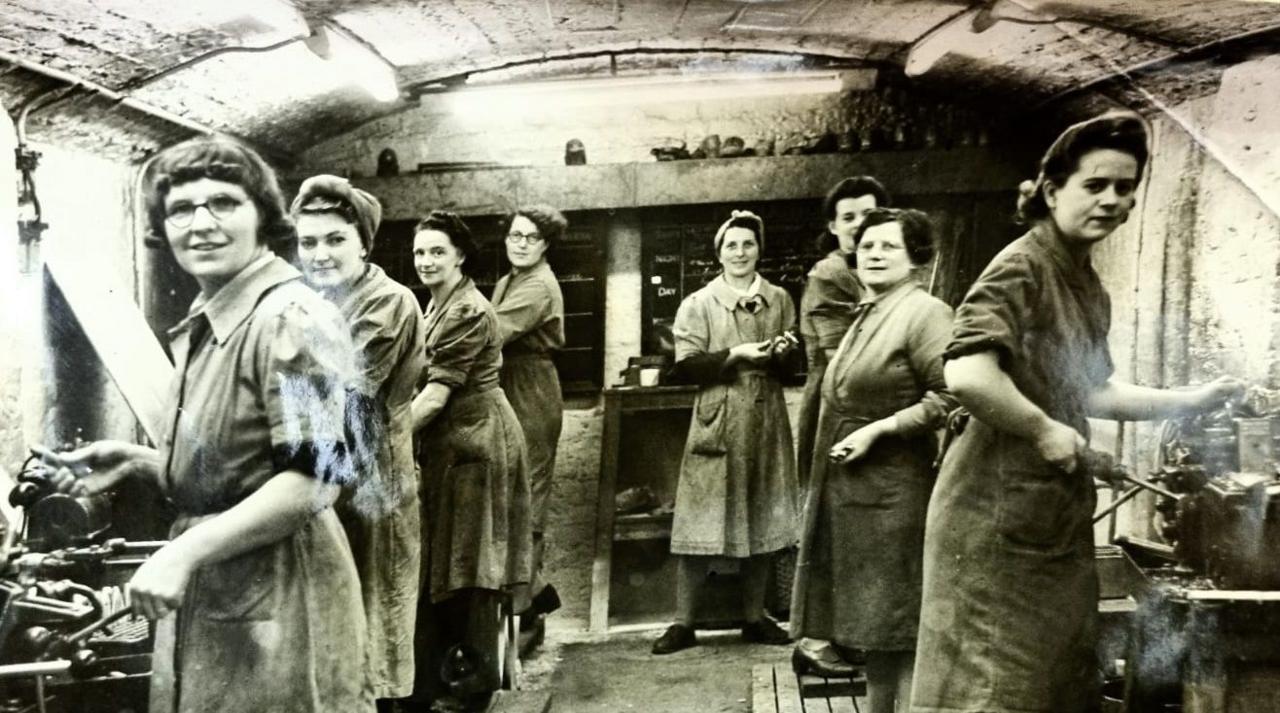The railway hotel where no guest ever stayed
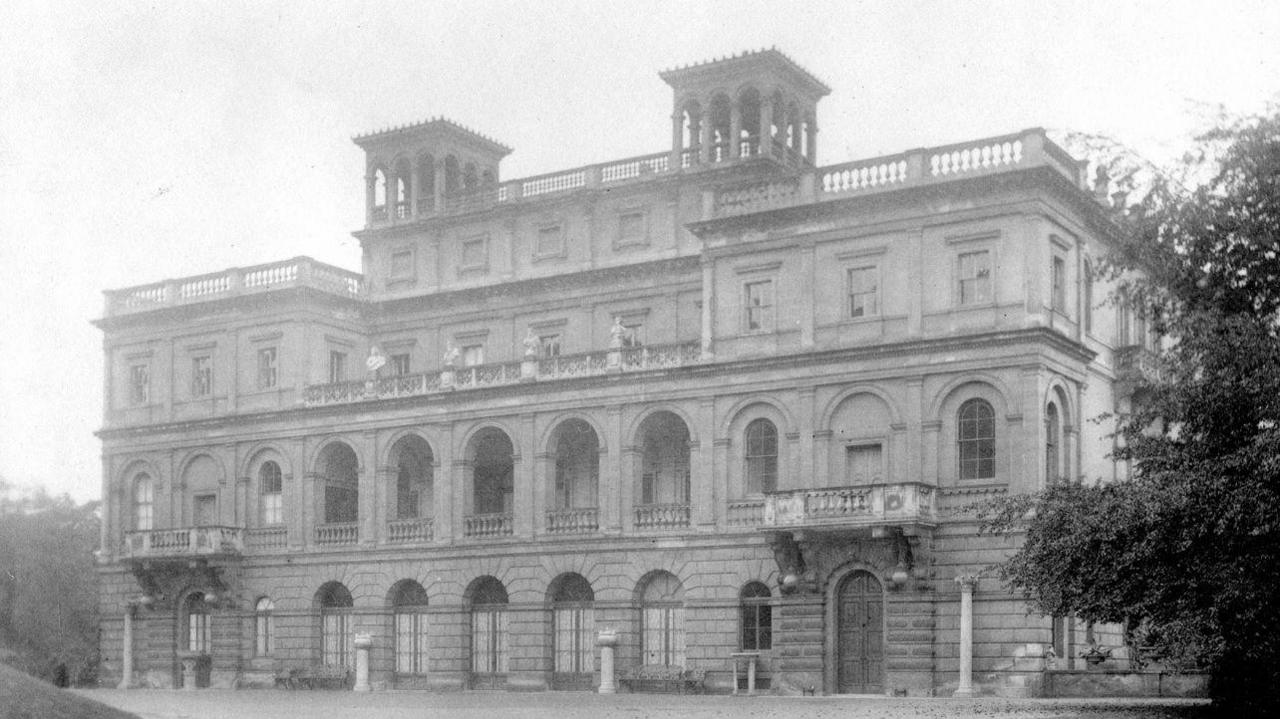
Southern Railway bought the former Deepdene Hotel in 1939 to use as a secret wartime base
- Published
When Southern Railway bought the recently-closed Deepdene Hotel near Dorking, Surrey, in 1939, the company had no intention of relaunching it.
Nevertheless its phone lines were kept open, inquiries about bookings were answered and staff still stood at the gate.
Inside, the building had been converted into the secret control room vital to keeping trains running throughout the war.
Southern's telephone exchange and traffic control centre were housed in natural sandstone caves underneath the building, made bomb-proof with brick and concrete reinforcement.
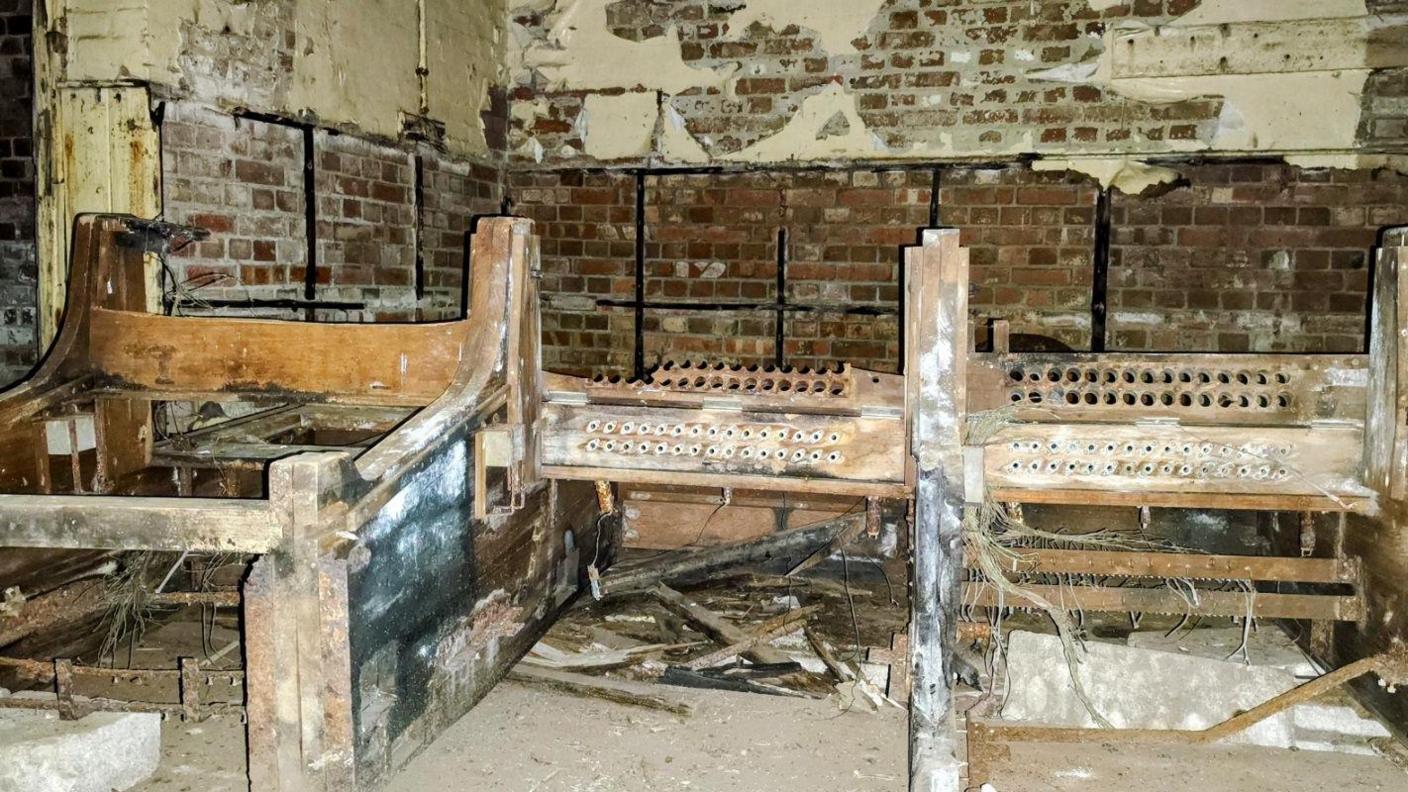
The remains of the telephone exchange, vital to the war effort, are still in the tunnels
The move had been made when the operator realised its Waterloo headquarters would be highly vulnerable to bombing raids.
Author Sam Dawson said: "It was essential. This was where a vital part of the war effort was controlled from.
"When troops were evacuated from Dunkirk and we see film of them coming back on trains up to London, it was done from here.
"Every siding that got bombed, someone from here would plug in and it would be reported."
The hotel where nobody stayed
The building was also made gas-proof, with a spiral staircase that could be used as an escape hatch for those working 60ft (18m) underground.
Mr Dawson said Deepdene was chosen carefully.
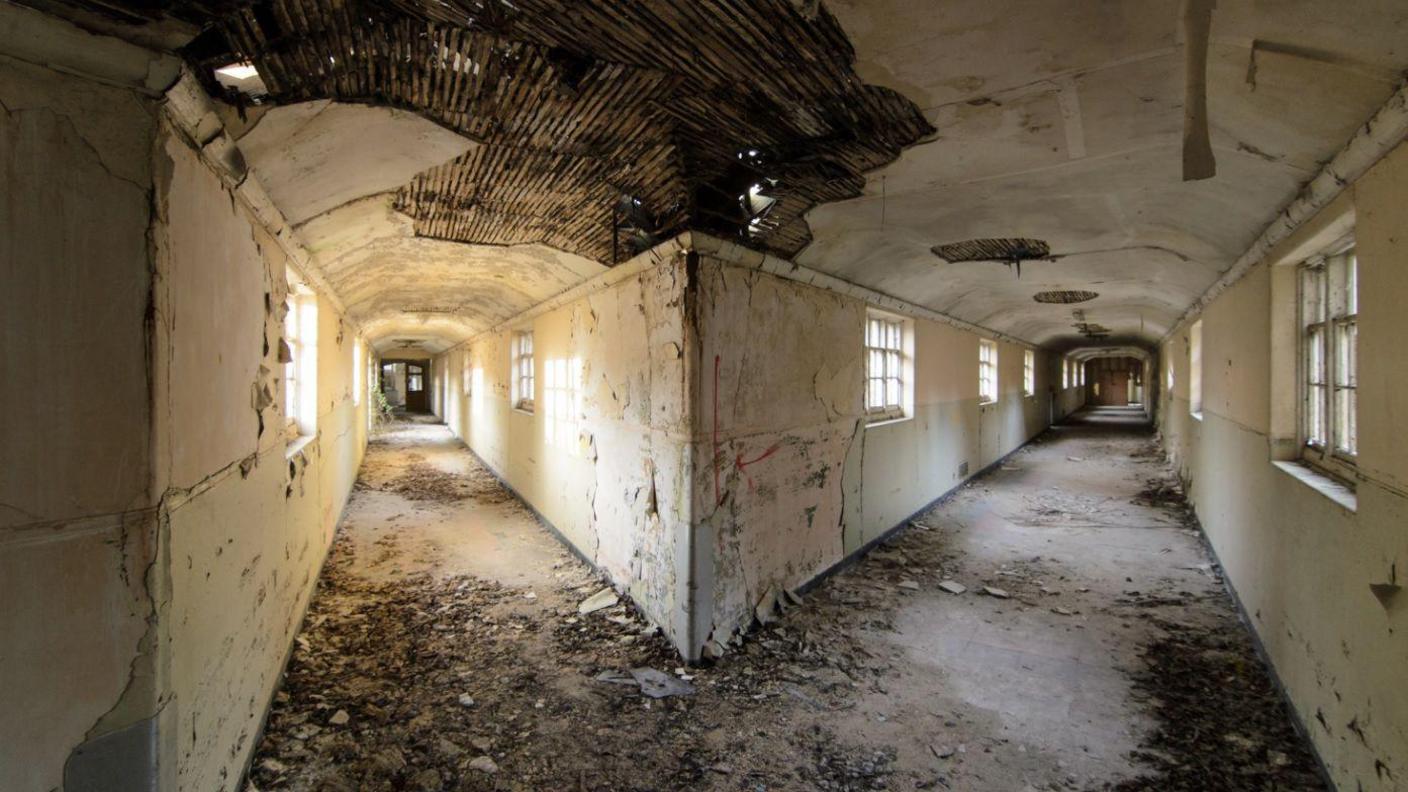
The tunnels beneath Deepdene were reinforced against bombs using bricks and concrete
"They needed somewhere that was within train and road distance of London but was outside London, somewhere that could be defended by their Home Guard unit, somewhere that could take a 99 foot radio mast, which you can hide in Deepdene.
"They needed accommodation, they needed kitchens and room to put things underground. Deepdene almost uniquely provided all those.
"They were ready to go out and build their own bunkers, but with Deepdene they didn't need to.
"Southern Railways continued in occupation until 1969 and this bunker was known as a really nice place to work, it was heated, it was air conditioned."
Secret Surrey
Explore more fascinating stories from Surrey
Listen and subscribe for the latest episode of Secret Surrey
Follow BBC Surrey on Facebook, external, on X, external. Send your story ideas to southeasttoday@bbc.co.uk , external or WhatsApp us on 08081 002250.
Related topics
- Published1 November
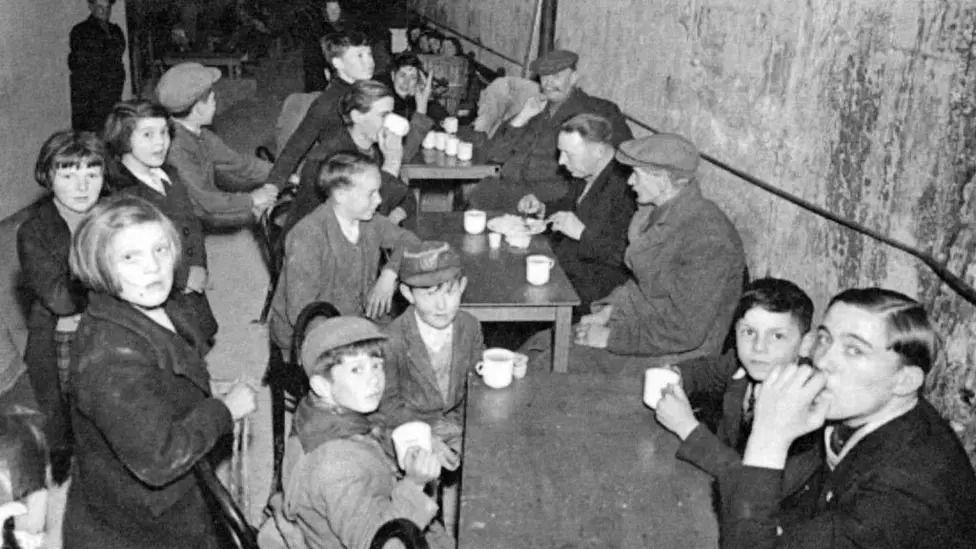
- Published8 May
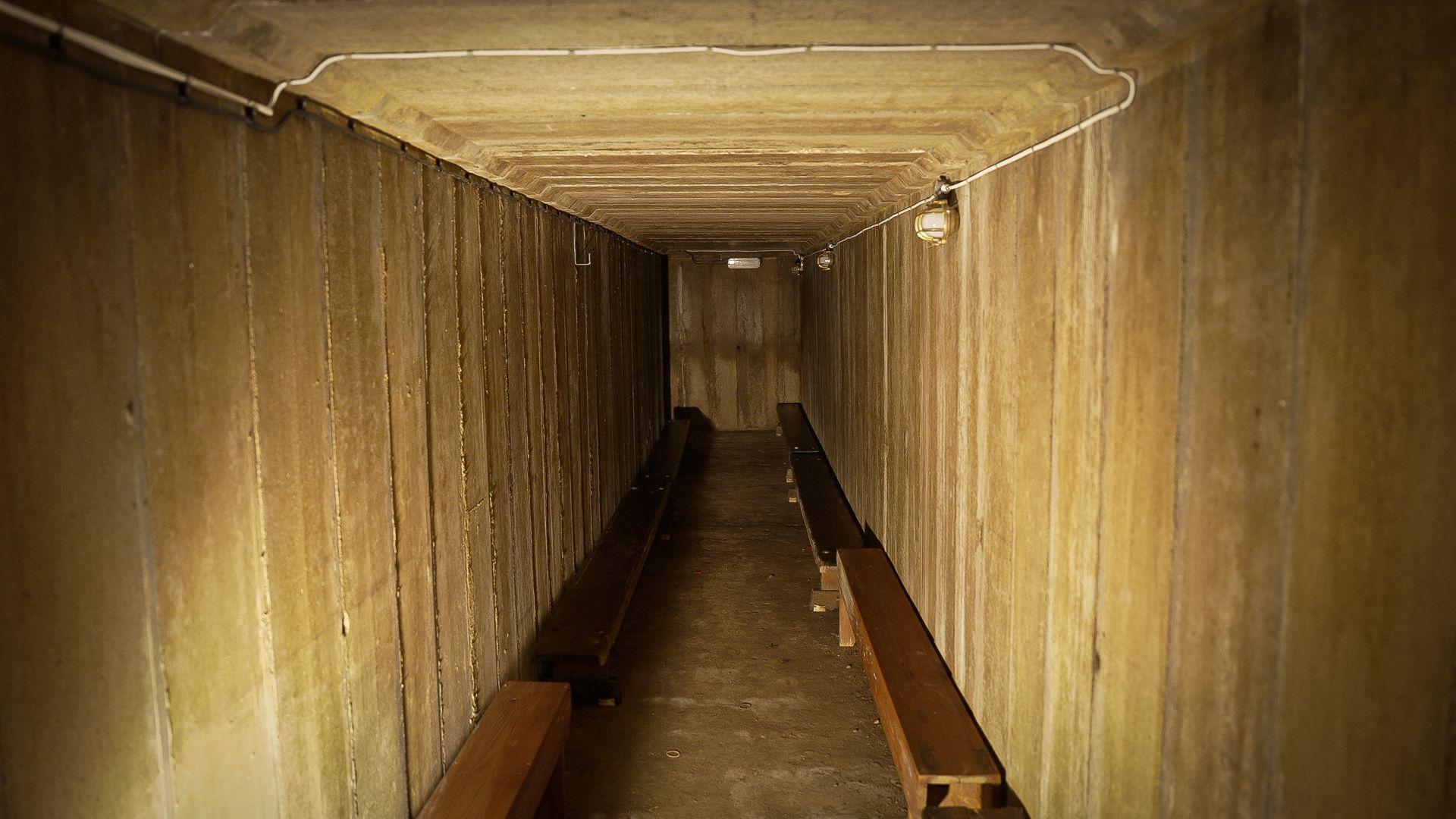
- Published5 days ago
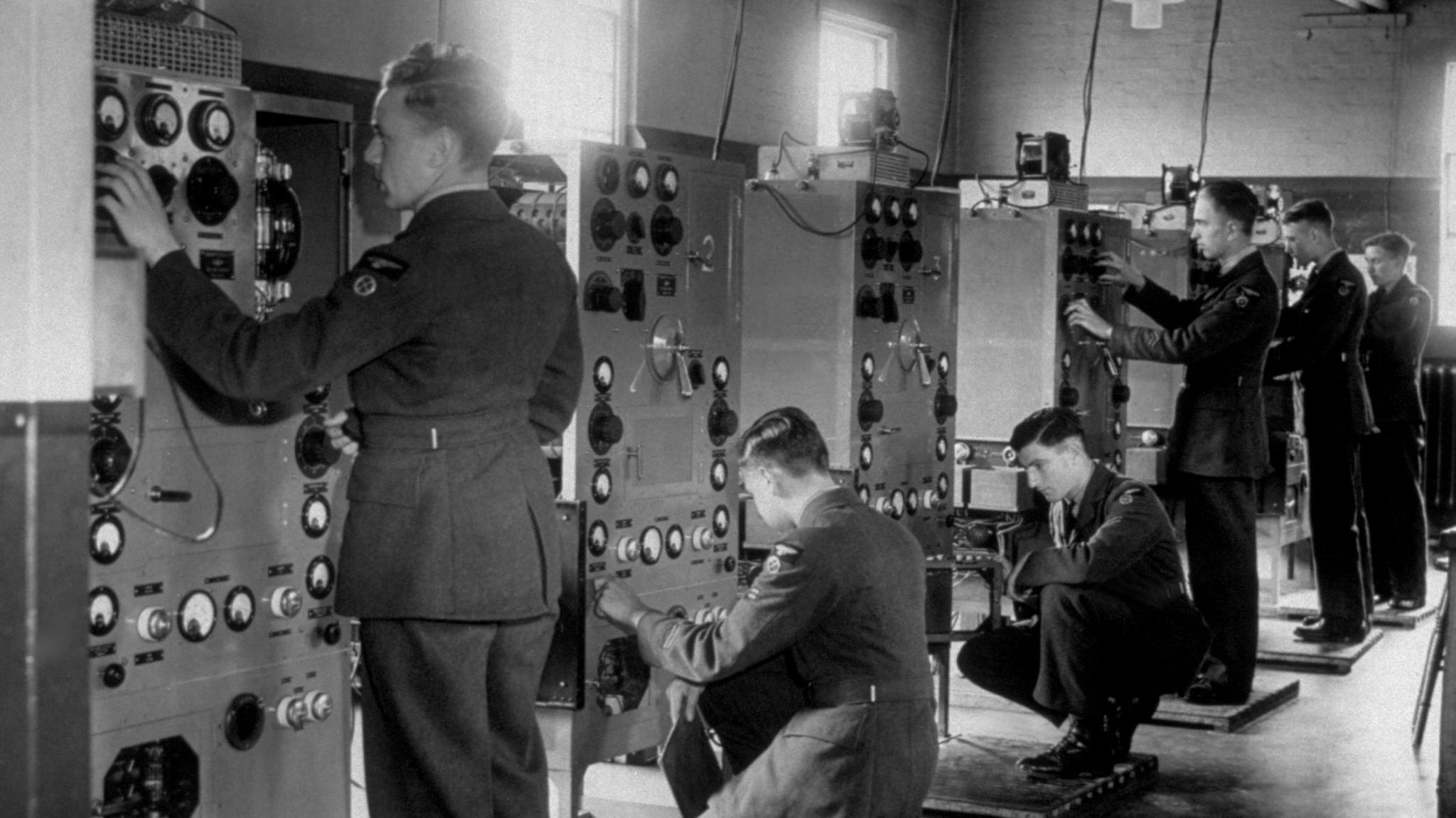
- Published10 May
